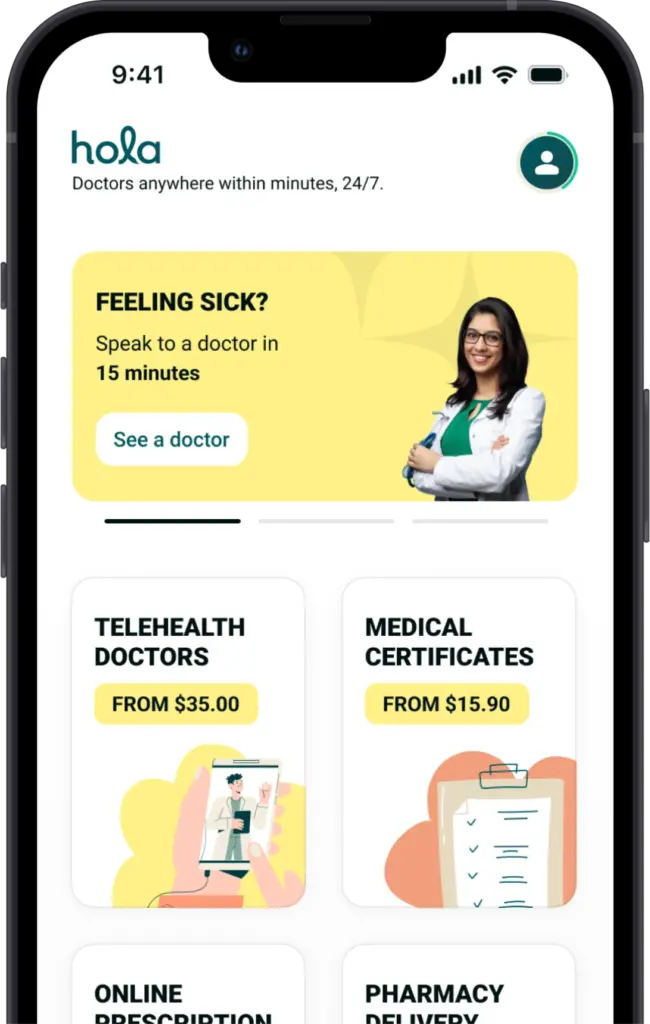- Home
- /
- Health Conditions
- /
- Contraception treatment
Contraception treatment
4.6/5 based on 28000+ reviews
How our doctors can help
See a doctor now
From $39
Request a certificate
From $14.90
Request a referral
From $39
Request a script
From $18.90

When to consult a doctor for contraception?
If you are starting or restarting contraception
See a doctor if you are using birth control for the first time, or if you are considering contraception after pregnancy or miscarriage, to ensure the method suits your body and health goals.
If you are experiencing side effects or concerns
Consult a medical practitioner if your current contraception is causing side effects, or if you have questions or worries about how a particular method may affect your health.
If you are considering changing your birth control method
Medical advice is important when switching contraception methods to avoid complications and choose an option that best aligns with your lifestyle and reproductive needs.
This guide does not replace professional care. Consult a doctor to manage your symptoms. In emergencies, call 000. The content is research-backed & medically reviewed by Dr. Ammar AL-ANI, MBChB, CCBST, AMC
Common types of contraception
Contraception types
- Birth control pills or oral contraceptives
- Patches and injections
- Vaginal rings
- Intrauterine Devices (IUDs)
- Implants
- Condoms (male and female)
- Diaphragms and cervical caps
- Emergency contraception methods such as morning-after pills
- Copper IUD
- Some permanent methods such as tubal ligation (for women) or vasectomy (for men)

Choosing a contraception
A medical practitioner can help you decide which option works best for you and reduce the risk of complications. See a doctor if:
- You’re starting birth control for the first time and need guidance on the most suitable option.
- You’re experiencing side effects with your current contraception method.
- You have concerns or questions about using contraception or a specific method.
- You’re considering birth control after pregnancy or miscarriage and need medical advice.
- You want to change your current contraception method to something that better suits your needs.
Hola Health provides a fast and convenient way for you to see a doctor online in minutes, 24/7 across Australia. Much like an in-person GP clinic, our AHPRA-registered online doctor Australia bulk bill will conduct a comprehensive assessment to provide the best possible care, instantly.

Speak to our doctors 24/7
Providing consults for
Helpful resources

Download our Mobile App for better performance
- Book appointments instantly.
- Stay connected wherever you are.
- Experience healthcare, uninterrupted.
 Scan the QR Code to download the app instantly
Scan the QR Code to download the app instantly 

